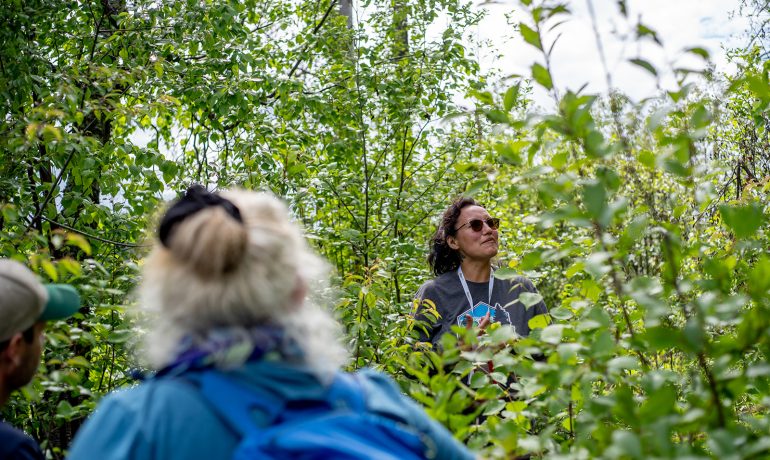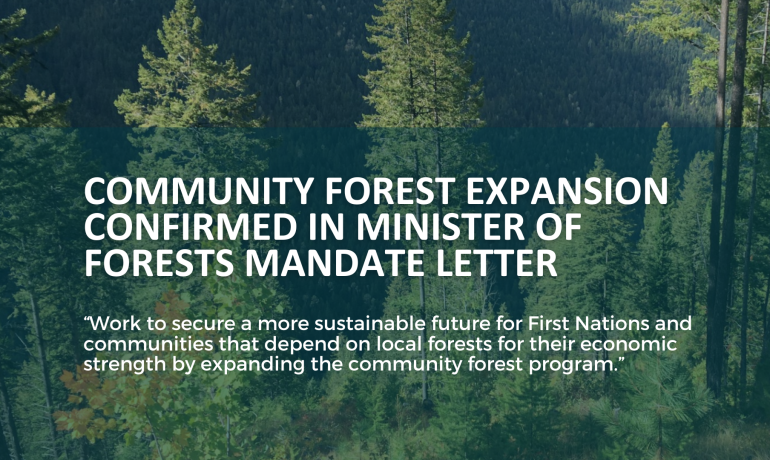Growing socioeconomic sustainability through Community-Based Forest Management in British Columbia
Wells Gray and Lower North Thompson Community Forests are pleased to announce the release of a research summary by Anne Rooban of the Natural Resources Institute, University of Manitoba which documents and explores the benefits of community forests using the Lower North Thompson and Wells Gray Community Forests as case studies for her research. Anne visited the communities in late 2015 and conducted a series of interviews as part of this research; her full thesis and this summary document, ‘Growing socioeconomic sustainability through Community-Based Forest Management in British Columbia’ are the results.
The purpose of this research was to determine how CFs create socioeconomic benefits through their operations and revenues, and how these benefits help community members create longterm opportunities that support local economies and ways of life.
Have a read, it’s well written and does an excellent job of exploring the benefits of our organization and community forestry in BC. And thank-you again to Anne for all the hard work and effort!
Growing socioeconomic sustainability through Community-Based Forest Management in British Columbia
Related Post
As Published in Canadian Forest Industries Magazine, Pulp & Paper Magazine and Canadian Biomass Magazine
Jennifer Gunter’s Op Ed, “Community Forests: Rooted in Community,
Minister of Forests Mandated to Expand BC’s Community Forest Program
In the recently released mandate letter to the Minister



